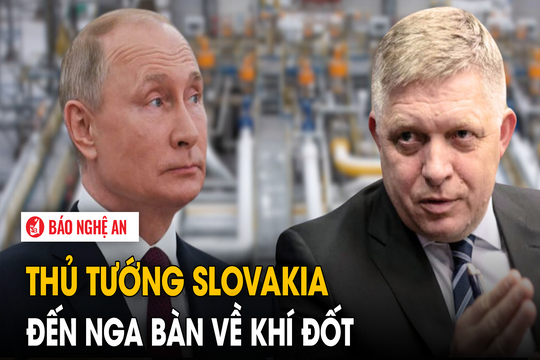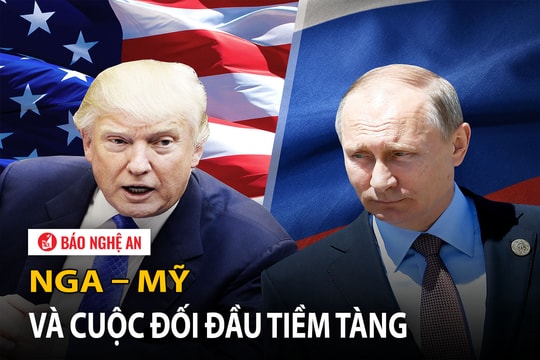Vietnamese Ambassador: 'New Ukrainian president must deal with Putin's blow'
"Ukrainian President-elect Volodimyr Zelensky has not yet officially taken office but has had to deal with the blow of Russian President Vladimir Putin" - Vietnamese Ambassador to Germany, Mr. Tran Duc Mau commented.
"Mr. Putin did not congratulate Mr. Zelensky on being elected as the new president of Ukraine, but instead issued a decree to facilitate and quickly process the process of Ukrainians in the separatist territories receiving Russian passports, which means they are considered Russian citizens, have Russian citizenship and are protected by the Russian state for all civil rights. This decree of Mr. Putin also applies to Ukrainians currently living and working in Russia. Mr. Putin went even further when he suggested that Russia is ready to naturalize all of the more than 40 million Ukrainians" - Ambassador Tran Duc Mau wrote:
"Mr. Zelensky responded by intending to allow Russian citizens to easily acquire Ukrainian citizenship. In name and in politics, this is a tit-for-tat, equal and like-minded approach. In reality, there are not many Russians applying for Ukrainian citizenship while there will be millions of Ukrainians who want to acquire Russian citizenship."
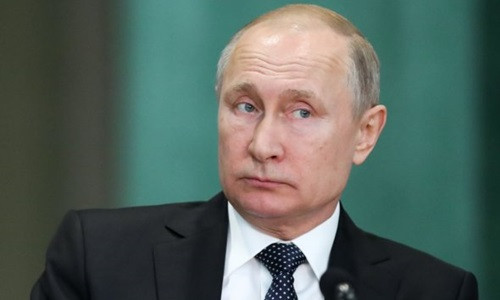 |
| Russian President Vladimir Putin. |
"The Western press believes that Mr. Putin launched this trick to solve the current problem of population decline in Russia. It may be so, but it may not be so. What is certain is that if it is so, it is not Mr. Putin's top goal.
Right before the presidential election in Ukraine, in which all polls showed that Mr. Selensky would defeat the incumbent president, Petro Poroshenko, who always considered Russia as Ukraine's sworn enemy, Russia cut off the supply of oil and oil products to Ukraine from the beginning of June, which means that Ukraine immediately lacked 40% of the supply to meet its needs. Mr. Putin did not congratulate Mr. Zelensky on his presidential election and now triggered the so-called "passport war" or, more poetically, "passport diplomacy".
"The danger here is the consequences and precedent. Once Russia has issued passports to Ukrainians in Ukraine, these people are also Russian citizens and Russia has the responsibility to protect them. The West and Ukraine are concerned that Mr. Putin issued this decree so that, when necessary, he would have an official excuse to intervene politically and militarily in Ukraine because if these new citizens "cry for help", Russia would have a legitimate and legal reason to act without any criticism from external partners. The West and Ukraine have reason to be concerned because there is a precedent that Russia has issued Russian passports to people in the breakaway regions of South Ossetia and Abkhazia in Georgia and in 2008 used that very reason to intervene militarily in these two territories."
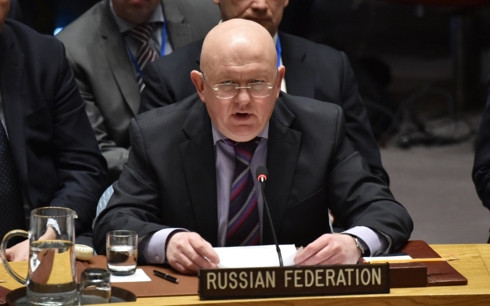 |
| Russia-Ukraine war of words at the Security Council over passport issue. |
"It is not difficult to understand that Russia does not want Mr. Poroshenko to continue to hold power in Ukraine. But Russia fully understands that Mr. Zelensky is also not friendly with Russia, and may handle Ukraine's relations with Russia differently from his predecessor, but will certainly be tough on Russia. With Mr. Poroshenko, Russia can predict how this person will behave, while with Mr. Zelensky, Russia cannot know how this person will behave tomorrow in Ukraine's relations with Russia and in everything related to Russia's interests."
"In such a situation, the passport war between Russia and Ukraine reflects that Mr. Putin does not really believe that this bilateral relationship will improve when Ukraine has a new president. It shows that Russia continues to increase pressure and make it difficult for the Ukrainian government. It serves Russia's plan to create and increase its position in relations with Ukraine so that if there is a direct dialogue with Ukraine, it will be in a position of strength or if the 4-party negotiation framework in Minsk (Belarus) continues, it will be in the most advantageous position for Russia."
"Through this, it can also be seen that Russia is not impatient or in a hurry to resolve all issues related to Ukraine. Once it has accepted and has appropriate measures to deal with the sanctions of the US and the EU, Russia has no urgent need to resolve all issues related to Ukraine. The more persistent these issues are, the more disadvantageous they are for the EU, NATO and the government in Ukraine, not for Russia," Ambassador Tran Duc Mau affirmed.

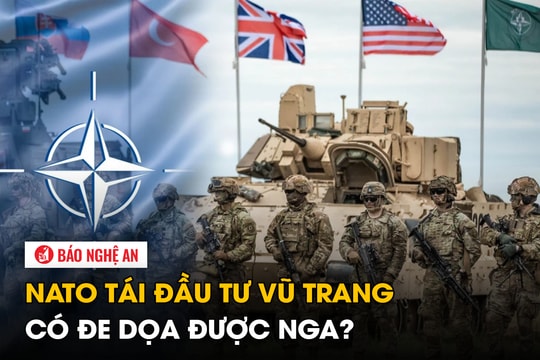
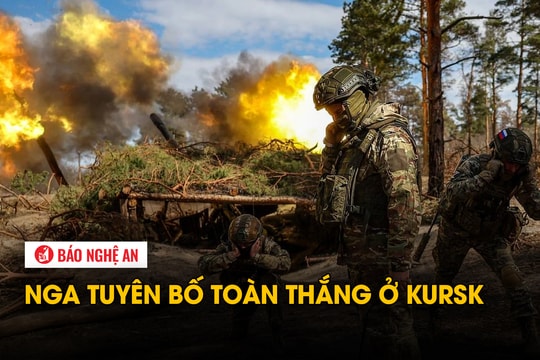
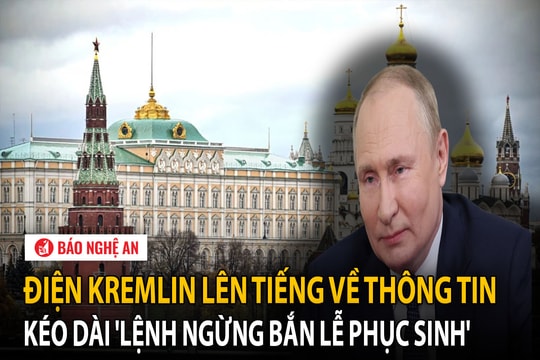
.jpg)
